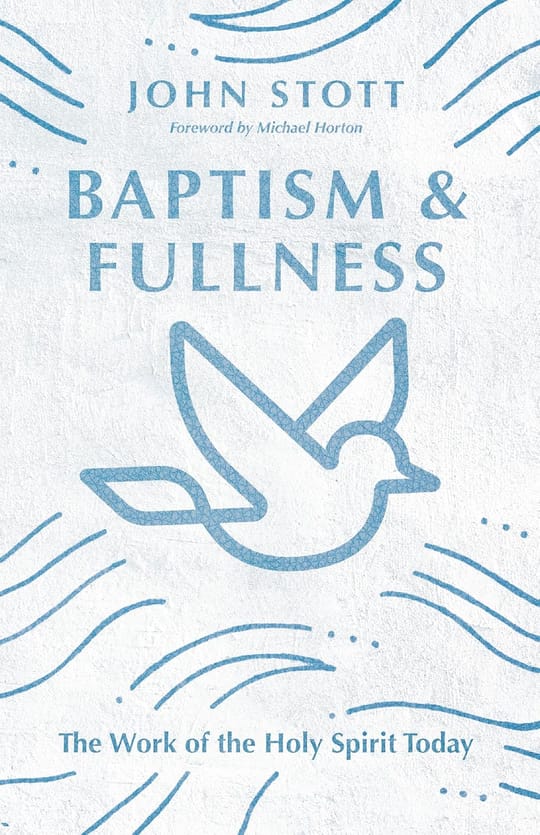How do people end up loving what they do for a living?
I recently started a book by Cal Newport called "So Good They Can't Ignore You."
Cal interviewed people who loved what they did for a living. To his surprise, he found out that most of them DID NOT have a pre-existing passion for their work. 🤷 They actually fell in love with their profession over time as they became more competent at it.
This caused Cal to come up with a theory that will shock most people today... Don't Follow Your Passion. 🤯🤯🤯 This is exactly the opposite of what I have been taught for years. I have been told that the key to a great life is to find your passion and GO FOR IT.. never look back... cue the epic music. 💪
Cal's research says that there is no correlation with being passionate about something and finding lasting joy in it. Mainly because your passions change over time. Therefore, in order to have lasting satisfaction in life, your self-worth must come from outside your passion.
He found that those who truly love their work found three things: 📝📝📝
- 🎨 Creativity- a chance to improvise.
- 🎛 Control- some say in how things are done.
- 🔨 Impact- feeling like your work has a positive impact on co-workers and/or customers.
So here is the obvious big question:
How do you gain those three things to ensure lasting job satisfaction? 🙋🙋🙋
1. Scrap the passion mindset and adopt the 'craftsman' mindset.
Here is the difference-
- Passion mindset- what can the world offer me?
- Craftsman mindset- what can they offer the world?
Craftsmen are constantly working on being better at their craft so they can be uniquely valuable to their team, their company, and their customers. They don't worry about passion. They know it ebbs and flows. They are interested in getting better at what they do.
2. Take On Challenging Projects.
Do what few others are willing to do so you can develop rare skills that cause you to have self-differentiation. This is not what most of us look for. We are not interested in doing hard things because we do not like failing. Craftsmen are eager to do hard things and even interested in failure. They know that failing to doesn't take away their value as a person. It actually is extremely valuable because with failing comes experience.
3. Daily Deliberate Practice.
Carve out periods of undistracted focus where you are working ON it rather than IN it. Craftsmen realize they need to become better at their craft not just more productive at doing their craft. This means time away to make sure they are doing best practices, sharpening their tools, etc.
I think this book is going to send me down a rabbit hole of rethinking everything I have ever learned about passion-mindsets. Passion is great but it is just like emotions. Emotions are great but make terrible leaders. We should never lead or make decisions based on emotion. It seems like passion should fall into the same category. Enjoy passion but follow what Eugene Peterson calls, "a long obedience in the same direction."
Here is a short video about this:









